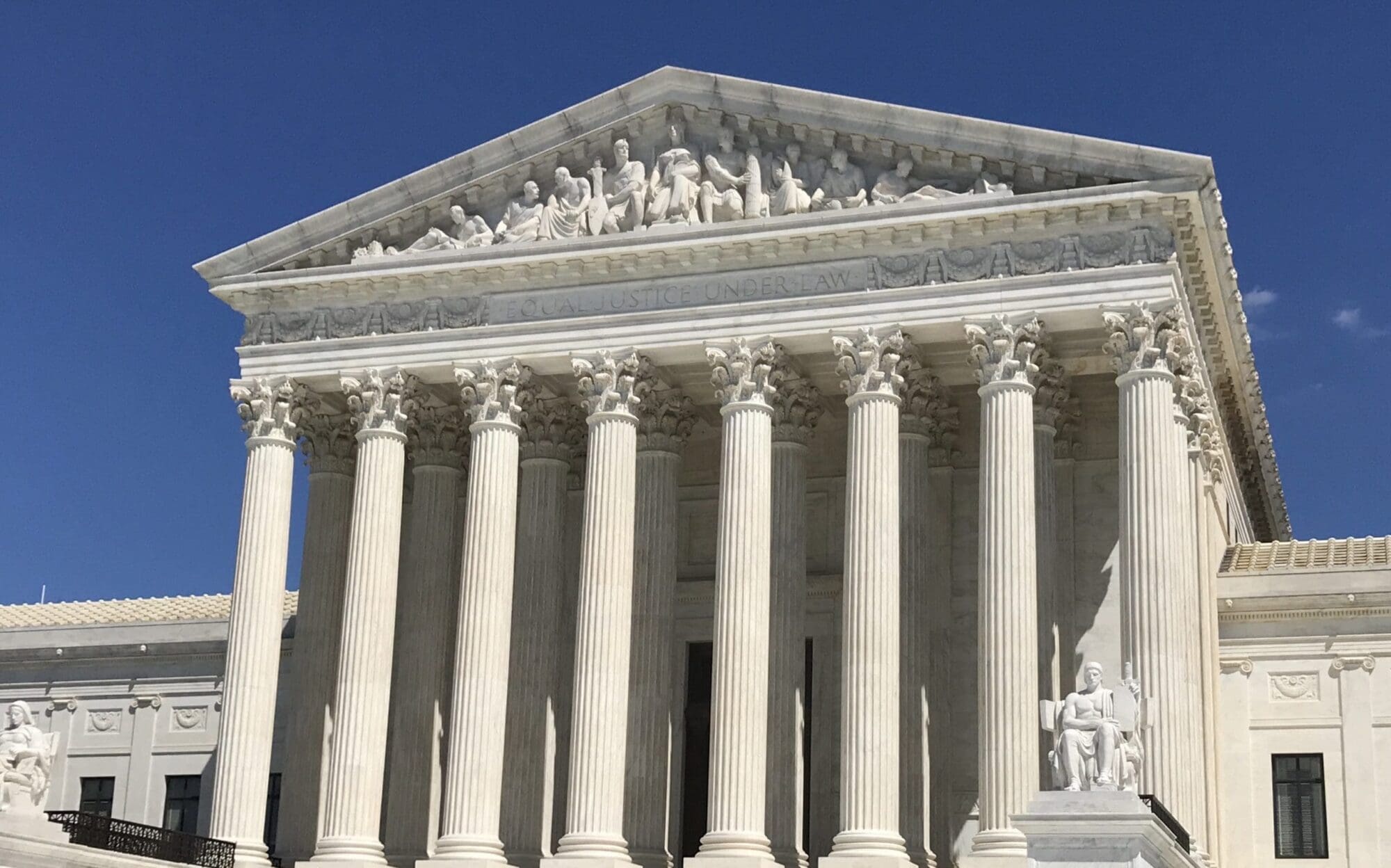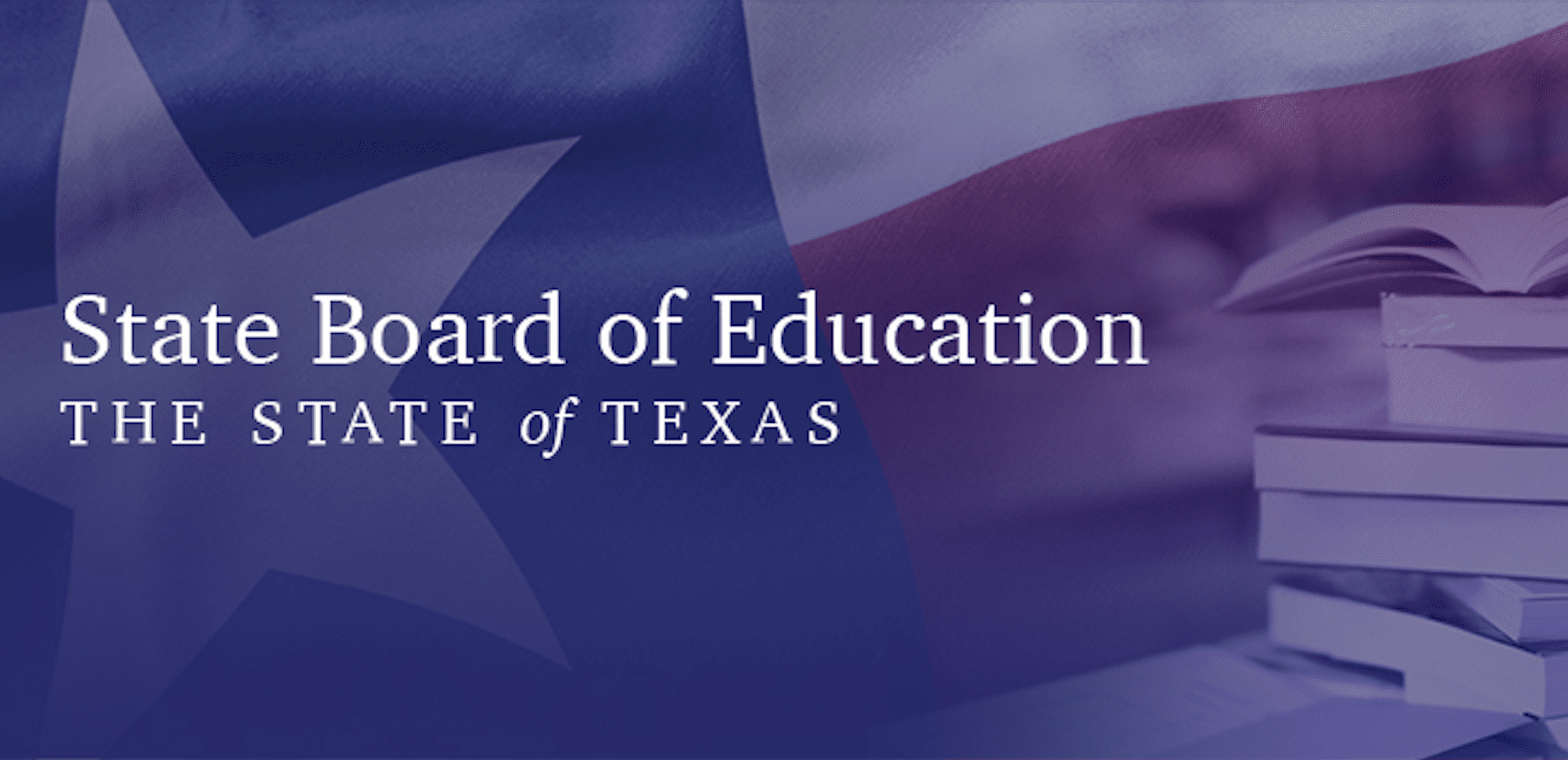With just 84 days left in the 140-day legislative session, the Texas Senate has passed its first piece of legislation.
No, it’s not property tax reform, ending taxpayer-funded lobbying, or any other legislative priority of the Republican Party of Texas.
Instead, the chamber unanimously passed Senate Bill 3, an across-the-board pay raise of $5,000 to every teacher in Texas at a cost of nearly $4 billion. The bill was authored by State Sen. Jane Nelson (R–Flower Mound), and supported by Lt. Gov. Dan Patrick and every member of the Texas Senate.
When the bill was heard in committee last week, teachers unions offered supportive testimony while administrative staff complained they were not included in the pay raise. Only one group waged a successful campaign to add their profession to the pay raise: school librarians.
“We simply can’t afford to add all our school employees to this bill,” said Nelson before immediately offering an amendment to include librarians in the legislation, at a cost of $53 million to taxpayers.
The bill will now move to the Texas House where House Speaker Dennis Bonnen (R–Brazoria) and Public Education Committee Chairman Dan Huberty (R–Kingwood) have been rather cool on the proposal—voicing support for merit pay proposals instead. Gov. Greg Abbott, however, has flirted with supporting the proposal.
Indeed, in his State of the State address last month, Abbott listed increasing teacher pay as an emergency item, a fast-track for bills to be considered before the 60th day of the legislative session.
Abbott, however, was short on details in his speech to the legislature. Earlier this year he also praised performance-based incentive programs that had been implemented in Dallas ISD.
Unlike other filed legislation that attempts to mirror those performance-based pay schemes, SB 3 instead hands out raises to all teachers, creating a new funding mechanism from the state to ensure the raise goes to the classroom, instead of being siphoned off by greedy administrators.
The bill’s price tag, however, is cause for concern for taxpayers hoping to see meaningful property tax relief this session.
As passed, the raises would cost around $3.9 billion over the biennium, and would raise the state’s spending obligation in future years—in perpetuity—by at least as much. Meanwhile, early budget drafts in the Senate only allot a paltry $2.3 billion for property tax relief. The beginnings of a school finance plan are expected to be announced tomorrow, with some amount of property tax relief contained within.
“The budget is about setting priorities,” Nelson explained. “This is a very big statement about where we set our priorities.”
Indeed it is, and some conservatives have voiced concerns with the chamber’s plan to acquiesce to the teachers unions who have long opposed Lt. Gov. Dan Patrick and the rest of the Senate’s conservative members while leaving taxpayers out in the cold. Hopefully now the chamber will move on to issues that voters actually elected them to lead on.
The average homeowner in many school districts across Texas has seen the school portion of their property tax bill rise by 40 percent (or more) in only five years.
Taxpayers who desire to see a lower property tax bill in 2020 than they did this year must continue to demand meaningful property tax relief.





